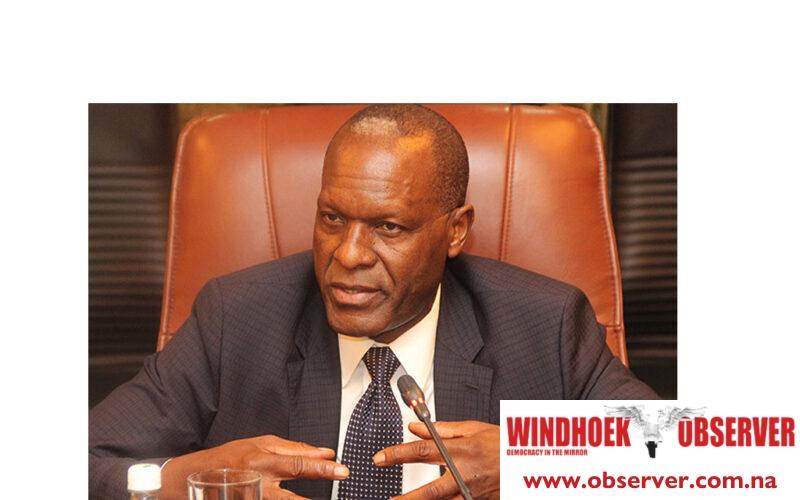Erasmus Shalihaxwe
Minister of Mines and Energy, Tom Alweendo said his ministry has a vision to manage the oil and gas sector transparently and ethically.
Alweendo made these remarks in parliament while defending his ministry’s budget recently.
“Our participation is only guaranteed if we prepare ourselves. For that to happen, we need to develop dogged determination to make it happen. Success will require Namibian entrepreneurs that are both curious and serious, lest we create an environment characterised by fronting and tokenism,” he said.
One of the plans initiated is the development of a Local Content Policy for the sector.
Alweendo explained that the Local Content Policy aims to ensure maximum local economic benefits through service provision to the oil industry by businesses owned by Namibians.
He said the ministry will do everything necessary to ensure that the policy is developed with inputs from as many stakeholders as possible and that it is fit for purpose.
“Government also needs to recognise early on, that it is one thing to have a policy in place, and it is another to ensure that the policy is implemented as envisaged,” he said.
Alweendo also expressed concern about the continued volatility and rising price of fuel, stating that it has a devastating effect on many consumables. This is mainly caused by recent geopolitical tensions that have created supply constraints.
To alleviate the pressure on consumers, Alweendo said the National Energy Fund will continue to serve as a shock absorber for fuel price volatility. The fund has assisted in the fuel pump price equalization with N$236 million this year.
The founder of the Namibian Association for Offshore Oil and Gas Service Providers (NAOGSP), Knowledge Ipinge, explained that the upstream sector particularly operates within a highly regulated environment shaped by international standards and best practices.
“It’s very competitive at that level that is sensitive to the global economic and political changes. To be active in the industry, you need to be very well-informed and flexible to adapt to changes. One’s success in the industry is based on your independence and not being politically reliant. And it is not what a lot of Namibians understand at all,” he said.
Ipinge added that, currently, international operators are not waiting for Namibia to develop laws; instead, their priority is to ensure continuous operation.
This he says is because they are often dealing with substantial financial investments raised through stock exchanges.
“When you have this oil rig in Namibian waters, it is being rented for N$2 to N$3 million per day, for example. So these people won’t wait for us to change laws or to be politically correct, or whatsoever, their operations need to go on, whether it is with Namibians or not without the show needs to go on, unfortunately,” he said.
The industry is currently governed by the Petroleum Act, which is benchmarked against international laws, along with the Environmental Act, Merchant Shipping Act, and the Water Traffic Act.




